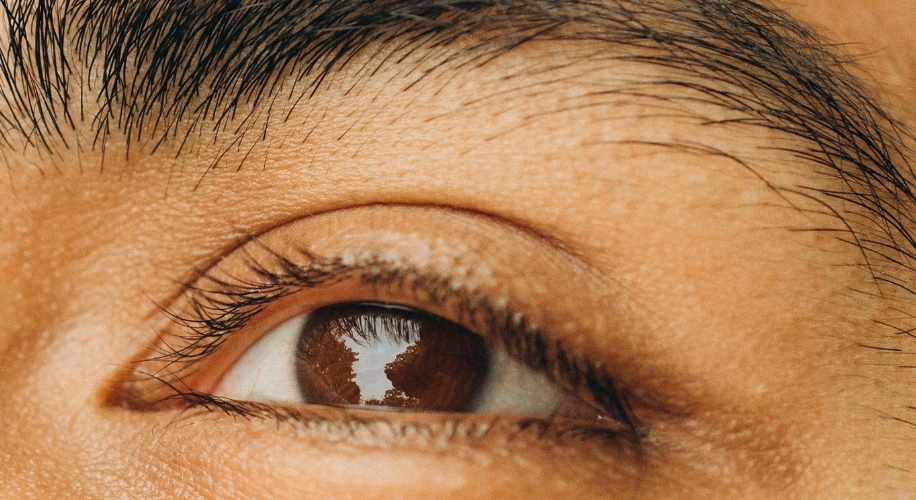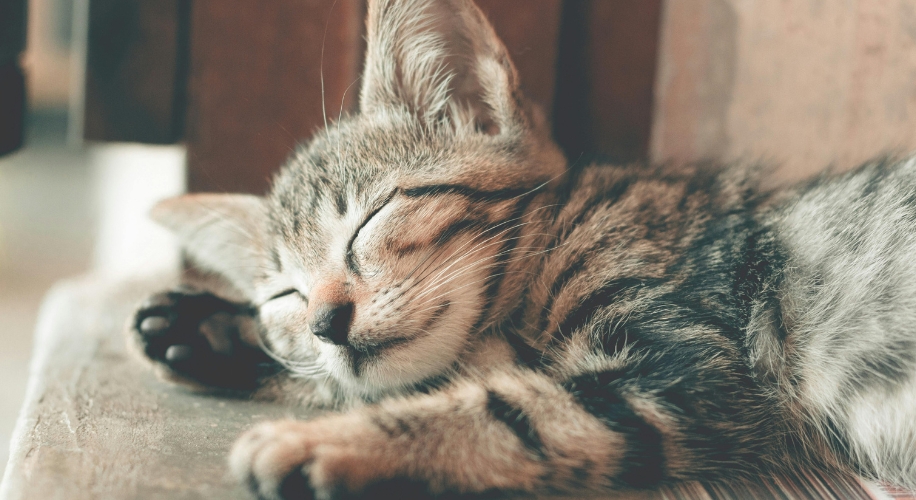Eyelid Twitches and Myokymia
- BY Dr. Steven Liem
- IN Eye Health

Photo by Maksim Goncharenok
Myokymia, often referred to as “eyelid twitching,” is a common condition characterized by involuntary, repetitive movements of the eyelid muscles. These spasms can occur in one or both eyes and typically involve the lower eyelid, although they can also affect the upper eyelid.
Causes of Myokymia
Several factors can trigger myokymia, including:
- Stress: Emotional or physical stress is a common trigger for eyelid twitching.
- Fatigue: Lack of sleep or tiredness can lead to muscle irritability and twitching.
- Eye strain: Prolonged use of digital devices, reading for extended periods, or driving long distances without breaks can strain the eyes and contribute to myokymia.
- Caffeine and alcohol: Excessive consumption of caffeinated beverages or alcohol can stimulate muscle contractions and exacerbate eyelid twitching.
- Dry eyes: Insufficient lubrication of the eyes can cause irritation and twitching.
- Nutritional deficiencies: Lack of certain nutrients, such as magnesium or potassium, may contribute to muscle spasms.
Photo by Lisa Fotios
Symptoms of Myokymia
The primary symptom of myokymia is the rhythmic twitching of the eyelid, which may come and go spontaneously. Other symptoms may include:
- Sensation of fluttering or pulsing in the eyelid
- Increased frequency or duration of twitching during periods of stress or fatigue
- No pain or discomfort associated with the twitching
- Normal vision and no other visual disturbances
Treatment Options for Myokymia
In most cases, myokymia is benign and resolves on its own without medical intervention. However, if the twitching persists or becomes bothersome, several treatment options may help alleviate symptoms:
- Stress management: Practicing relaxation techniques such as deep breathing, meditation, or yoga can help reduce stress levels and minimize eyelid twitching.
- Rest and sleep: Ensuring an adequate amount of sleep and taking regular breaks from activities that strain the eyes can help alleviate fatigue-related twitching.
- Block blue light: Wearing blue light blocking glasses can help decrease eye strain from digital devices and improve quality of sleep.
- Limiting caffeine and alcohol: Cutting back on caffeinated beverages and alcohol consumption may reduce muscle irritability and lessen the frequency of eyelid twitching.
- Nutritional supplements: If nutritional deficiencies are suspected, supplements containing magnesium, potassium, or other essential nutrients may help alleviate muscle spasms.
- Eye care: Using lubricating eye drops or artificial tears can relieve dryness and irritation, which may contribute to myokymia.
- Medical intervention: In rare cases where myokymia is severe or persistent, a healthcare provider may prescribe medications such as muscle relaxants or botulinum toxin injections to alleviate symptoms.

Photo by Ihsan Adityawarman
Myokymia is a common condition characterized by involuntary twitching or quivering of the eyelid muscles. While usually harmless, individuals can take proactive steps such as managing stress, decreasing caffeine intake, and filtering blue light to manage the spasms that occur.


